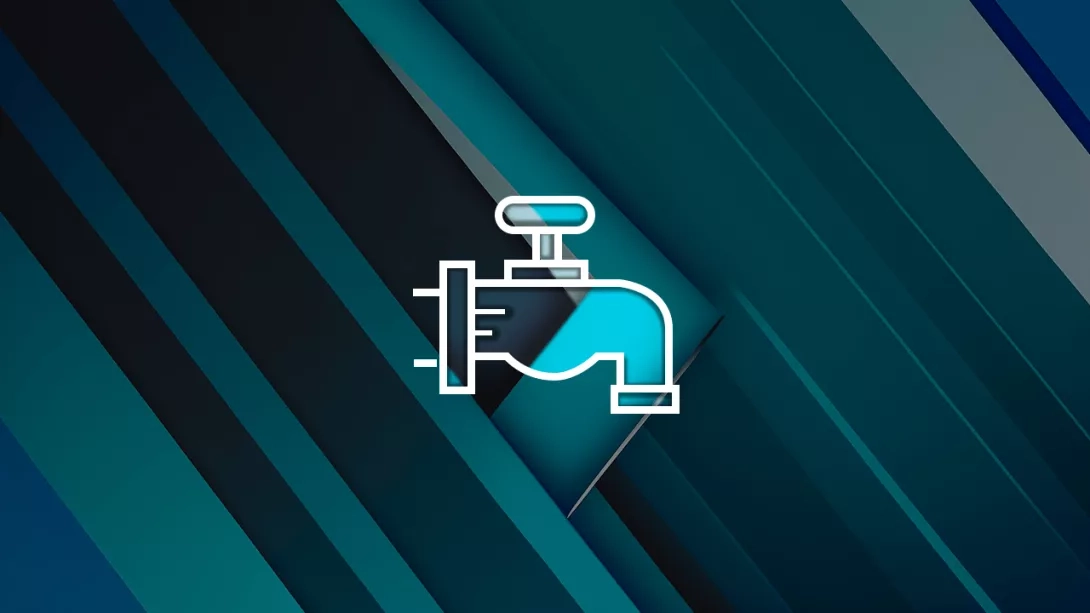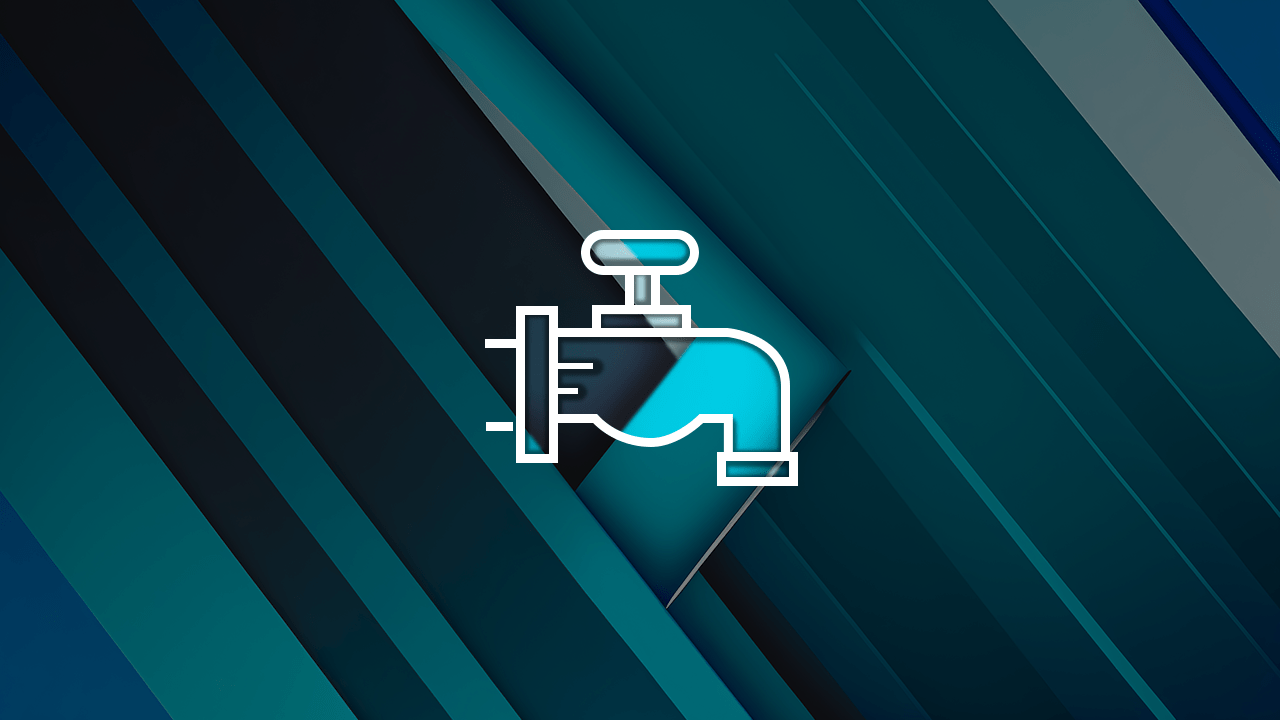Introduction
Proper maintenance is crucial for the longevity and efficiency of your water softener. This guide outlines key maintenance practices and answers frequently asked questions to help you keep your system functioning optimally for years.
How Do You Maintain a Water Softener?
Regular maintenance of a water softener involves checking salt levels, cleaning the brine tank, and monitoring the system's regeneration cycles. Consistent upkeep can prevent issues such as salt bridges and resin bed blockages.
How Often Should You Add Salt to a Water Softener?
The frequency of adding salt depends on water usage and the system's size. Generally, checking the salt level monthly and refilling as needed is recommended to ensure consistent soft water production.
How Many Times Should a Water Softener Regenerate?
The regeneration frequency varies based on water hardness and household water consumption. Modern softeners often feature automatic regeneration settings that adjust based on usage.
How Often Should a Water Softener Be Cleaned?
It's advisable to clean the brine tank annually to prevent salt buildup and ensure efficient operation. This involves draining the tank and removing any sediment or salt crystals.
Preventative Maintenance for Your Water Softener
Regular checks, such as inspecting for salt bridges and ensuring the correct salt level, are essential preventative maintenance steps. They help in maintaining the system's efficiency and prolonging its lifespan.
How to Know if Your Water Softener Needs Maintenance
Signs that your water softener requires maintenance include changes in water quality, decreased water flow, or unusual noises during regeneration. Regular checks can help detect these issues early.
Benefits of a Well-Maintained Water Softener
A well-maintained water softener provides consistent soft water, prolongs the lifespan of plumbing and appliances, and ensures efficient use of salt and water during regeneration.
Water Softener Lifespan and Replacement
With proper maintenance, a water softener can last 10-15 years. If you notice persistent issues or inefficiencies, it might be time for a replacement.
How Much Does It Cost to Replace a Water Softener?
The cost of replacing a water softener varies depending on the system type and capacity. Explore Ecosoft's Point of Entry Systems and Ecomix Solutions for various options.
Soft Water is Better Water
Soft water enhances daily life by preventing scale buildup, improving soap efficiency, and maintaining the health of your skin and hair.
Conclusion
Regular maintenance is key to maximizing the benefits of your water softener. By following these guidelines, you can ensure your system operates efficiently, providing you with soft, quality water for years to come.
Faqs
How does the type of water softener salt used impact the maintenance requirements of the system?
Using the right type of salt, such as evaporated or pellet salt, can reduce the likelihood of salt bridges and ensure smoother regeneration
Can regular maintenance tasks for water softeners be performed by homeowners, or is professional assistance required?
Most routine maintenance tasks can be performed by homeowners, but professional assistance may be beneficial for more complex issues.
Are there any signs or indicators that suggest when it's time for water softener maintenance?
Indicators include changes in water hardness, decreased flow rate, or unusual sounds during regeneration.
What are the essential routine maintenance tasks for prolonging the lifespan of a water softener system?
Regularly checking and refilling the salt, cleaning the brine tank, and monitoring the regeneration cycles are crucial tasks.








